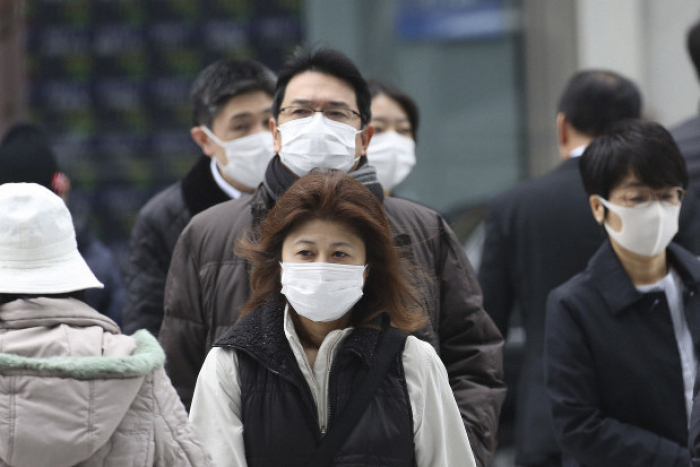Local authorities in the city of over 11 million have said exotic animals are no longer allowed to be farmed, and breeders will be offered a one-time cash payment as part of a wider national scheme to end exotic animal breeding, CBS News reported Wednesday. This is the first national plan in China to stop the breeding.
Two provinces have reportedly agreed to the plan just one month after China also reclassified dogs from "livestock" to "pets."
Chinese officials had already banned the sale and consumption of wild animals during the coronavirus pandemic, which some officials believed originated in a wet market in Wuhan. Some also believe the virus first spread from bats to humans, though other wild animals have been considered as the virus' origin.
Government-sanctioned hunting is still reportedly permitted for "scientific research, population regulation, monitoring of epidemic diseases and other special circumstances."
The province of Hunan announced its plan to establish a compensation scheme to encourage breeders to farm other livestock. Hunan authorities will evaluate each farm for compensation based on the exotic animals they reared.
The neighboring province of Jiangxi has crafted a similar plan, but officials have estimated that there are more than 2,300 licensed breeders and their stock could be worth upward of 1.6 billion yuan, or $225 million, sources told The Week.
According to the Human Society International (HSI), the wildlife consumption trade in China is “worth 125 billion yuan, roughly $18 billion.” But wildlife consumption is not the biggest industry in the country.
“The largest proportion of China’s wildlife farming [is] the fur industry, worth 389 billion yuan ($55 billion) annually," the society said.
The HSI believes there are already plans being made to have “millions of raccoon dogs, foxes and mink farmed for fur" retitled from “wildlife” to “livestock” as a way to continue to farm these animals.
“While the transition of wildlife farmers to other livelihoods is, of course, a very positive move... [the] inevitable consequence of that is that a vast number of the wild animals being mass-produced on farms across China will likely be culled or moved to other exploitative industries,” Dr. Peter Li, Humane Society International’s China policy specialist, said in a statement Monday.
More about: #Wuhan
















































